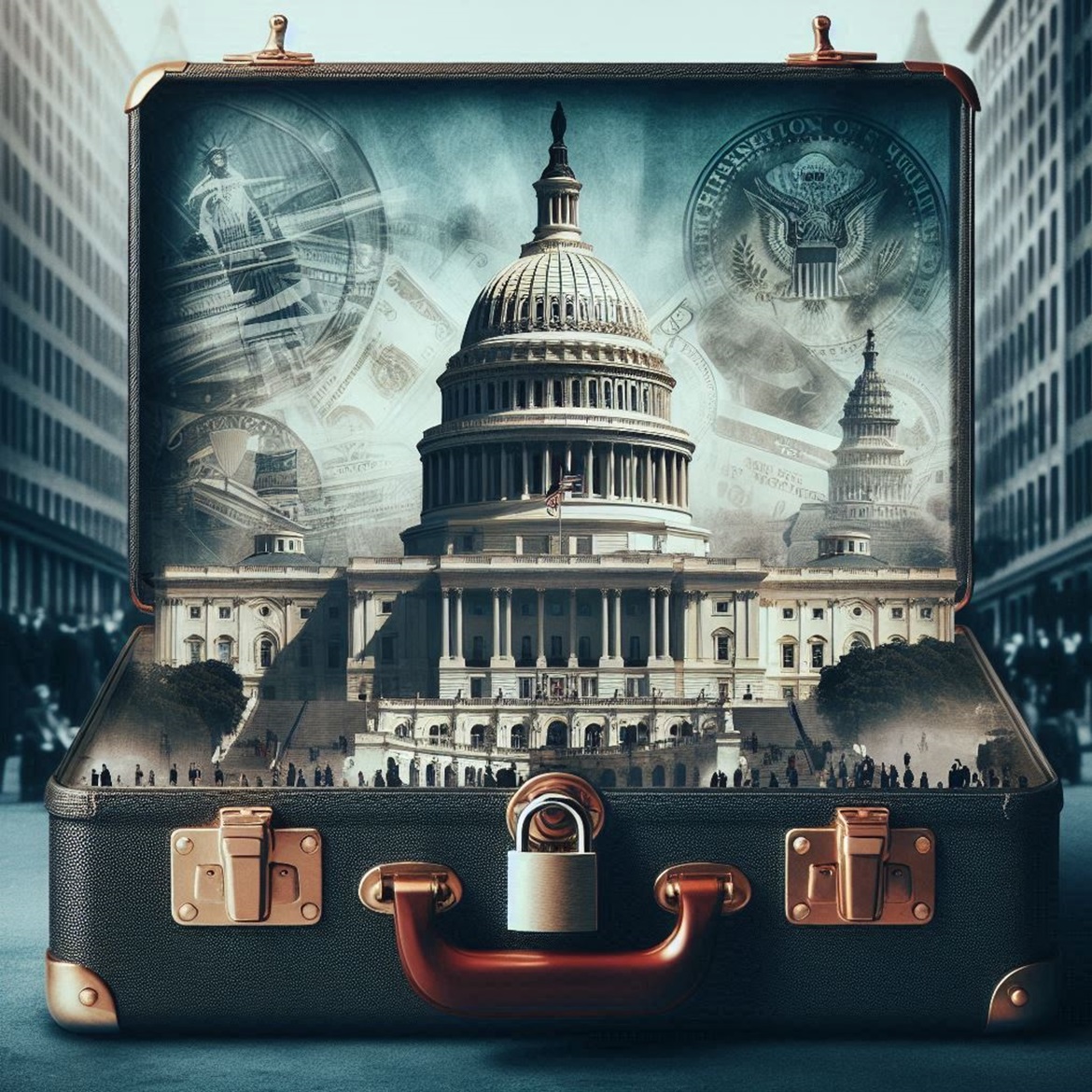The U.S. government classifies and withholds many documents, leading people to wonder what secrets lie behind these walls of confidentiality. This practice, while often justified as necessary for national security, has sparked debate about transparency and trust in government. If there’s truly nothing to hide, why is so much information kept out of the public eye? Let’s explore the reasons behind this phenomenon.
National Security Concerns
One of the primary reasons the government classifies documents is to protect national security. This means keeping sensitive information out of the hands of foreign adversaries or terrorist organizations that could use it to harm the country. For example, details about military strategies, advanced technology, or intelligence operations are regularly classified to prevent them from being exploited.
However, the broad umbrella of “national security” can sometimes be used to justify excessive secrecy. This leads to skepticism about whether all classified documents truly pose a risk if disclosed. The line between legitimate security concerns and overreach can be blurry, raising questions about transparency.
Protecting Intelligence Sources and Methods
Another critical reason for classification is to protect intelligence sources and methods. This includes keeping the identities of spies and informants secret, as well as safeguarding the techniques used to gather intelligence. If these details were to become public, it could compromise ongoing operations and endanger lives.
While this rationale is understandable, it also raises questions about accountability. Without access to certain information, the public cannot fully understand or evaluate the actions and decisions of intelligence agencies. This lack of oversight can lead to abuses of power and mistakes that go unchecked.
Diplomatic Relations
Diplomatic relations also play a significant role in why documents are classified. Governments engage in delicate negotiations and communications with other countries, and revealing these discussions could disrupt diplomatic efforts or damage relationships. For instance, candid assessments of foreign leaders or strategies for negotiations could lead to misunderstandings or conflicts if they were made public.
Yet, withholding such information can also fuel suspicion and mistrust. Citizens might wonder what deals or arrangements are being made behind closed doors and whether these actions align with the public interest.
Privacy and Legal Concerns
In some cases, documents are classified to protect the privacy of individuals or to comply with legal requirements. This includes protecting personal information, such as medical records or financial data, which should not be disclosed without consent. Additionally, some legal matters, like ongoing investigations or sensitive court cases, may necessitate confidentiality.
However, this practice can sometimes be used to shield controversial or embarrassing information from public scrutiny. When the line between protecting privacy and avoiding accountability becomes blurred, it can erode trust in government institutions.
Avoiding Public Panic
Another reason for classifying documents is to prevent public panic. Governments might withhold information about potential threats, such as terrorist plots or environmental hazards, to avoid causing widespread fear or unrest. The idea is to manage the situation quietly and effectively without alarming the population.
While this approach can be practical, it can also be paternalistic. It assumes that the public cannot handle certain information, which can lead to feelings of distrust and resentment. People may feel that they have a right to know about potential dangers and make informed decisions for themselves.
Bureaucratic Tendencies
Government bureaucracy often leans toward secrecy as a default mode. This tendency can be driven by a culture of caution and risk-aversion, where officials prefer to classify information “just in case” rather than risk potential fallout from disclosure. This leads to an overclassification problem, where vast amounts of information are kept secret unnecessarily.
Such bureaucratic habits can hinder transparency and accountability, making it difficult for the public to understand government actions and hold officials responsible. It can also create an environment where secrecy becomes the norm, rather than the exception.
Historical Precedents
Historical precedents also play a role in the classification of documents. Past incidents, such as the leaking of sensitive information or espionage cases, have shaped policies and practices around secrecy. Governments often learn from these events and tighten controls to prevent future breaches.
However, relying too heavily on past experiences can perpetuate a cycle of secrecy that may not be appropriate for the present context. It can prevent the evolution of more transparent practices that better serve the public interest.
Balancing Secrecy and Transparency
The challenge lies in finding the right balance between secrecy and transparency. While some level of confidentiality is necessary to protect national security, intelligence sources, and diplomatic efforts, excessive secrecy can undermine democratic principles and public trust.
Efforts to improve transparency, such as declassifying older documents or providing more detailed explanations for classification decisions, can help bridge this gap. It’s essential for governments to demonstrate that they are acting in the public interest and not merely hiding inconvenient truths.
Conclusion
The government’s practice of classifying and withholding documents stems from a complex interplay of national security, intelligence protection, diplomatic relations, privacy concerns, public safety, bureaucratic tendencies, and historical precedents. While there are valid reasons for maintaining some degree of secrecy, excessive classification can erode public trust and hinder accountability. Striking a balance between secrecy and transparency is crucial for a healthy Constitutional Republic like America. This balance ensures that the public can trust their government while safeguarding essential national interests, aligning with the principles of transparency and accountability enshrined in the Constitution.

Sorry, the comment form is closed at this time.